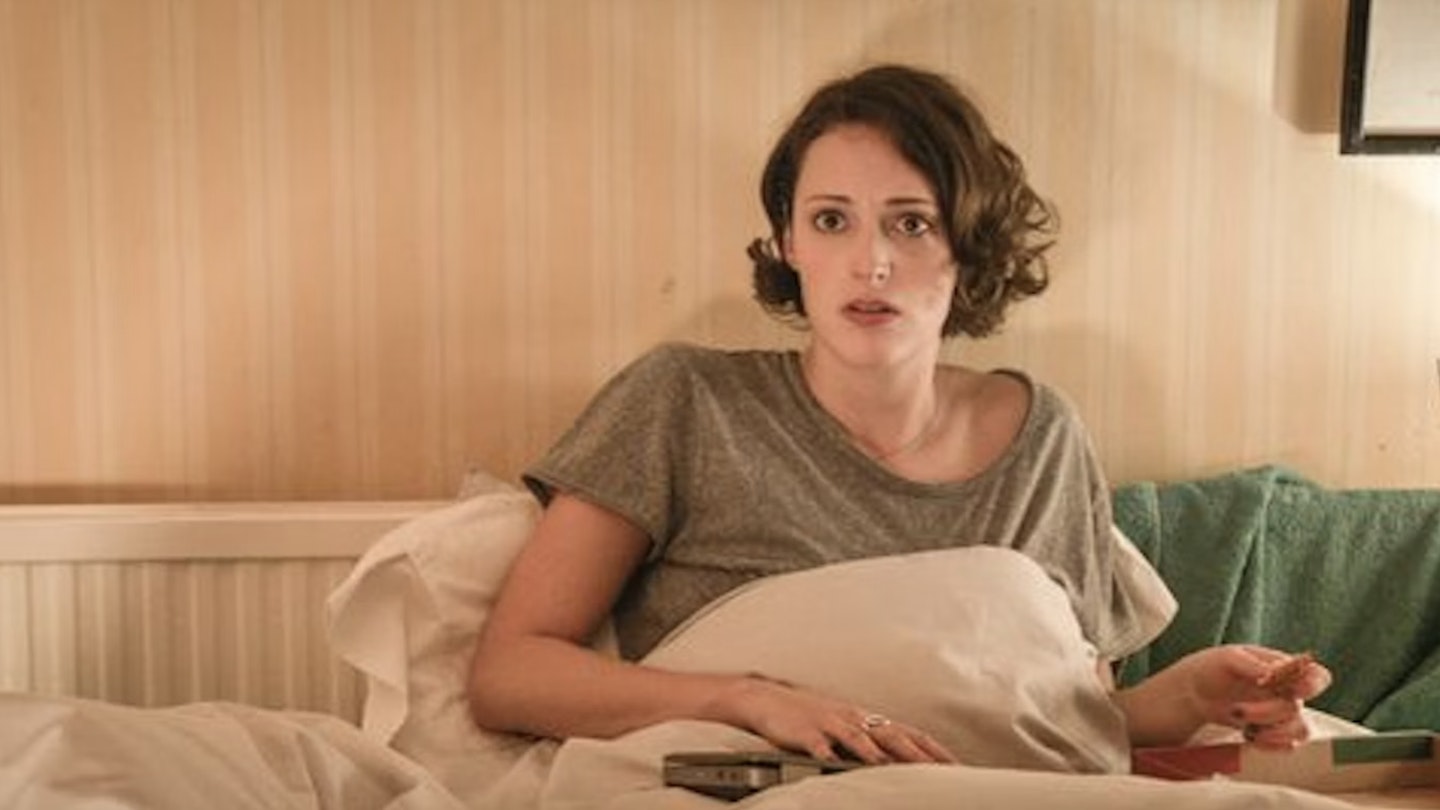Of all the sexual stigmas we still have to contend with, finding your own self pleasure is apparently still one of them.
According to a new report by period and ovulation tracker app Flo Health, 25% of UK women aged 18-34 see masturbation as shameful, compared to 15% of those aged between 45 and 55 years old.
How has it come to this, in spite of the steps forward for sexual liberation we’ve seen over the last 50 years?
From the introduction of the contraceptive pill for female bodies in the 1960s to more recent shifts of support and discussion around numerous non-heterosexual, non-cis sexual identities and relationships, it would be easy to assume that shame around something as integral as masturbation would be a thing of the past. But apparently this is not the case.
‘Sexuality and shame are innately interwoven, as shame is an intersection of our experience with others, and so it can often be a prominent emotion that may arise during sex,” sexologist Madalaine Munro explains. ‘We live in a society where sex is shrouded in shame.’
She adds that we come up against the huge obstacle of popular culture in our quest for empowerment, with female masturbation unfortunately being embedded in hyper-sexualised pornography, objectifying female pleasure.
It may seem initially shocking that younger generations are experiencing more shame around the process of masturbation, seeing as Gen Z and millennials are in some cases more focused on progressive schools of thought. Both Madalaine and Rhiannon say that a lack of life experience and a failed sex education system feed into a lack of understanding and therefore shame around young people’s bodies, as well as their own solo sexual exploits and cravings.
‘They aren’t taught about pleasure in their own bodies, and the importance of cultivating their own approach to sexuality outside a relationship to someone else,’ Madalaine says.
Of course, the wider state of how we consume media – not just pornography, but the models we see when we shop online, influencer’s social media profiles, the list goes on – affects our self-esteem, and therefore our sexual connection to our own bodies.
‘Younger women, in particular, are frequently exposed to unattainable beauty ideals, sexualised images, and contradictory messages about their bodies and desires,’ sexologist Rhiannon John explains. ‘This constant exposure can result in the internalisation of shame and a negative self-image, ultimately contributing to the higher prevalence of sexual shame for younger people.’
So how come older generations, from 45 years old and over, are reporting slightly lower centres of shame around self-pleasure? Madalaine reports that research has found that our feelings of shame decrease as we approach middle age, due to increased life experience and a longer-term relationship with our bodies and sexuality.
That said, the impact of masturbation shame at a younger or later age on our bodies and psyche is undeniable. It can stop or delay us from feeling pleasure, and diminishes health benefits of masturbation, such as stress reduction and improved sleep.
And above all, Madalaine suggests it may discourage us from accessing sexual health support if something doesn’t feel right, indicating a further disconnect from our bodies and therefore our health.
So to combat shame, what we can do is work on our connections to our sexuality, whether this is through a more physical means – keeping a vulva journal or committing to vulva gazing, which is exactly what it sounds like it is – or committing to challenging the norms that our shame has stemmed from.
Rhiannon insists we must recognise ‘the influence of societal and cultural norms on our attitudes towards sexuality’. Once we have done this, she says, ‘we empower ourselves to question and challenge these influences, allowing us to form our own positive and empowering beliefs’.
She adds that accepting our sexual desires and cravings as an integral part of being human is a huge part of navigating any shame. But of course, the work doesn’t just be done by ourselves as individuals – if we want to see meaningful change, it needs to be on a larger scale.
‘As a society, we should offer better sex education to younger generations and support them to learn about masturbation and its benefits,’ Madalaine explains. ‘We should be teaching young people more about the importance of learning how we like to experience embodied pleasure.’
Enjoying and indulging in masturbation is a key part of understanding how to build a healthy sexual relationship with others, not to mention ourselves. So it’s crucial that our battle against the stigma and shame continues.
